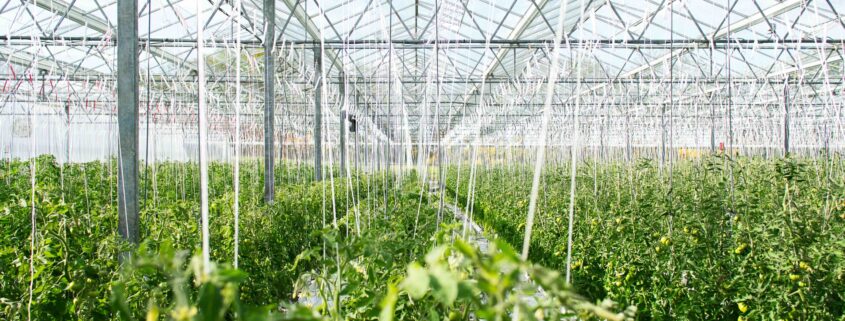
Understanding MPS-GRASP: Enhancing Social Responsibility in Agriculture
This article delves into MPS-GRASP, elucidating its purpose, core elements, benefits, and how it contributes to the broader goals of sustainable and socially responsible agriculture. In the complex world of global agriculture, ensuring ethical practices and social responsibility across supply chains is a paramount concern for businesses, consumers, and regulators alike. Among the various standards and certifications developed to address these concerns, the GLOBALG.A.P. Risk Assessment on Social Practice (GRASP) stands out as a crucial component, particularly when integrated with the MPS (More Profitable Sustainability) certification system.
What is MPS-GRASP?
MPS-GRASP is an add-on module developed to work in conjunction with the MPS-ABC certification, a well-established standard focusing on environmental aspects of agricultural production. While MPS-ABC assesses and certifies environmental sustainability practices of producers, GRASP adds an essential layer by evaluating social practices within agricultural operations. It is a voluntary module designed for GLOBALG.A.P. certified producers who wish to demonstrate their commitment to maintaining good social standards in their farming operations.
Objectives of MPS-GRASP
The primary aim of MPS-GRASP is to ensure and demonstrate that social practices within the agricultural sector adhere to globally recognized principles. It focuses on:
– Worker Health and Safety: Ensuring a safe working environment and promoting health and safety standards.
– Employee Rights and Labor Practices: Upholding workers’ rights, including fair wages, working hours, and freedom of association.
– Social Management System: Establishing a management system that supports continuous improvement in social accountability.
Core Elements of MPS-GRASP
The certification assessment focuses on several key areas, including:
– Management Responsibility: The commitment of management to uphold social standards.
– Workers’ Representation and Social Committee: Mechanisms for workers to voice their concerns and participate in social management.
– Social Policy and Social System Management: Policies and systems in place to manage and improve social practices.
– Awareness and Competence: Training and awareness programs for employees regarding their rights and health & safety measures.
– Workers’ Conditions: Assessments of working conditions, living conditions (if applicable), wage systems, and contract practices.
Benefits of MPS-GRASP Certification
Achieving MPS-GRASP certification offers numerous benefits to agricultural producers:
- Enhanced Reputation: Demonstrates commitment to social responsibility, improving brand image and customer trust.
- Market Access: Meets the requirements of buyers and retailers who prioritize ethical and sustainable sourcing.
- Improved Employee Welfare: Leads to better working conditions, which can enhance productivity and employee retention.
- Risk Management: Identifies and mitigates social compliance risks within the supply chain.
- Continuous Improvement: Encourages ongoing improvement in social practices.
Implementation Process
The implementation involves several steps, starting from the initial decision to undergo GRASP assessment, through preparation and self-assessment, to the final external audit conducted by a GLOBALG.A.P. approved certification body. Producers must provide evidence of compliance with GRASP criteria, including documentation, interviews with workers, and site inspections.
In Summary
MPS-GRASP represents a vital initiative for incorporating social responsibility into the agricultural sector’s sustainability agenda. By aligning environmental sustainability with ethical labor practices, it offers a comprehensive approach to sustainable agriculture that benefits producers, workers, and consumers alike. As global awareness and demand for socially responsible products continue to grow, certifications like MPS-GRASP will play a crucial role in shaping the future of agriculture.
This initiative not only underscores the agricultural sector’s commitment to ethical practices but also highlights the interconnectedness of environmental sustainability and social responsibility.
Would you like to learn more about certificates, standards, or questionnaires and how to manage them? Click here for a full tour of our software to find out how we can help.
Read more about MPS at: ECAS.nl
